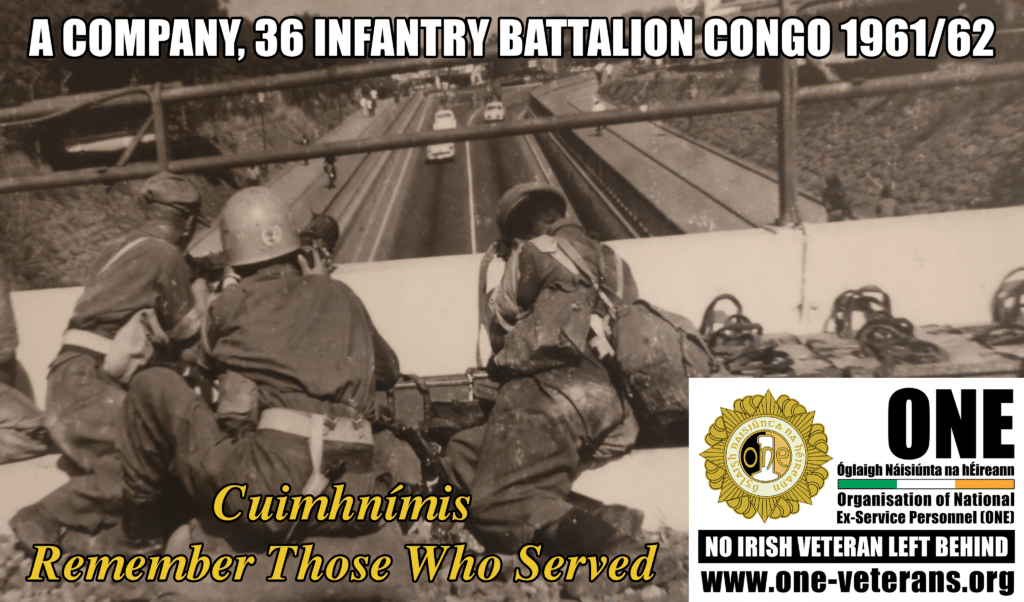
62 years ago this week A Company, 36 Infantry Battalion arrived in the Congo, as part of the United Nation’s ONUC peacekeeping mission, which included the ‘Battle of the Tunnel’ and the awarding of 14 DSMs. Here is a very short summary of what happened to this unit on arrival.
The main body of the 36th Infantry Battalion deployed to the Congo in twenty separate chalks from 5th to 24th December 1961. They did so in the full knowledge that hostilities were inevitable.
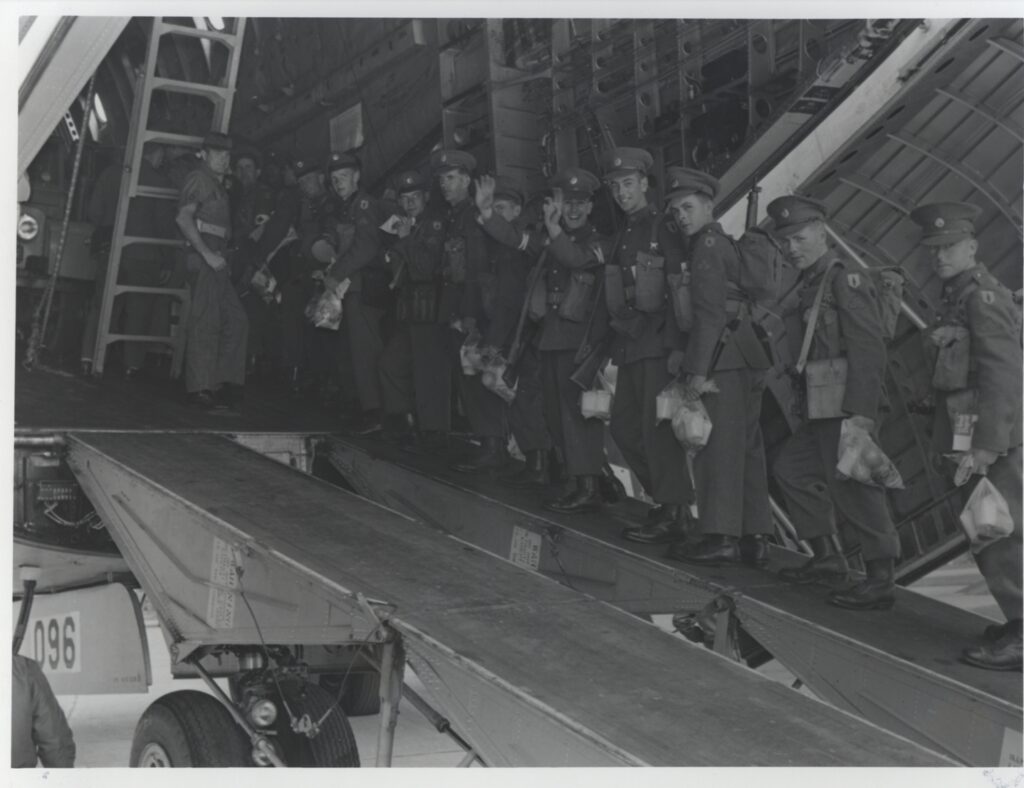
On 7th December 1961, one of the aircraft carrying forty-six members of A Company was hit in the region forty times while landing in Elisabethville (Lumumbashi) Katanga. Two fuel tanks and one of the engines were damaged but the aircraft landed safely with no injuries.
The following day, 8th December 1961, Corporal Michael Fallon was killed in the Leopold Farm Area by mortar fire from the Gendarmerie and five of his colleagues were injured including Sergeant Patrick Mulcahy. On 12th December 1961 Sergeant Mulcahy was wounded for a second time by mortar fire and died of his injuries on 16th December 1961, the day of the Battle of the Tunnel.
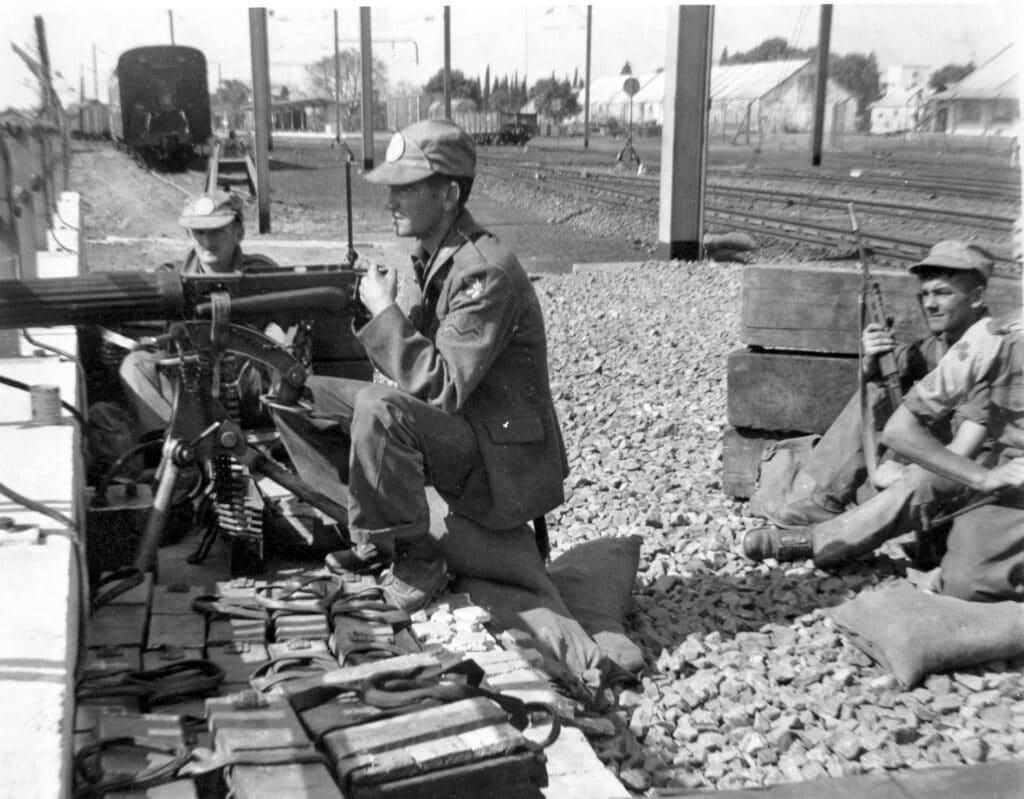
A Company, mostly Dubliners under Commandant Joe Fitzpatrick, was to lead the attack. B Company, under Commandant Bill Callaghan, was to make the secondary attack. C Company, under Commandant Dermot Hurley, was in reserve.
At dawn, the attack was launched in pouring rain on 16th December 1961. Their enemy was battle-hardened Katangans and South Africans who knew the terrain and held prepared positions. For the first few hundred yards the advancing Irishmen came under sporadic machine-gun and mortar fire but as they approached their objective it became more intense, both from the tunnel itself and from flanking positions in railway carriages.
The Irish assault was driven home against fierce fire. Leading the attack, Platoon Commander Lieutenant Paddy Riordan was killed as was the Platoon Signaller Private Andrew Wickham from Wexford. Six Katangan soldiers were killed.
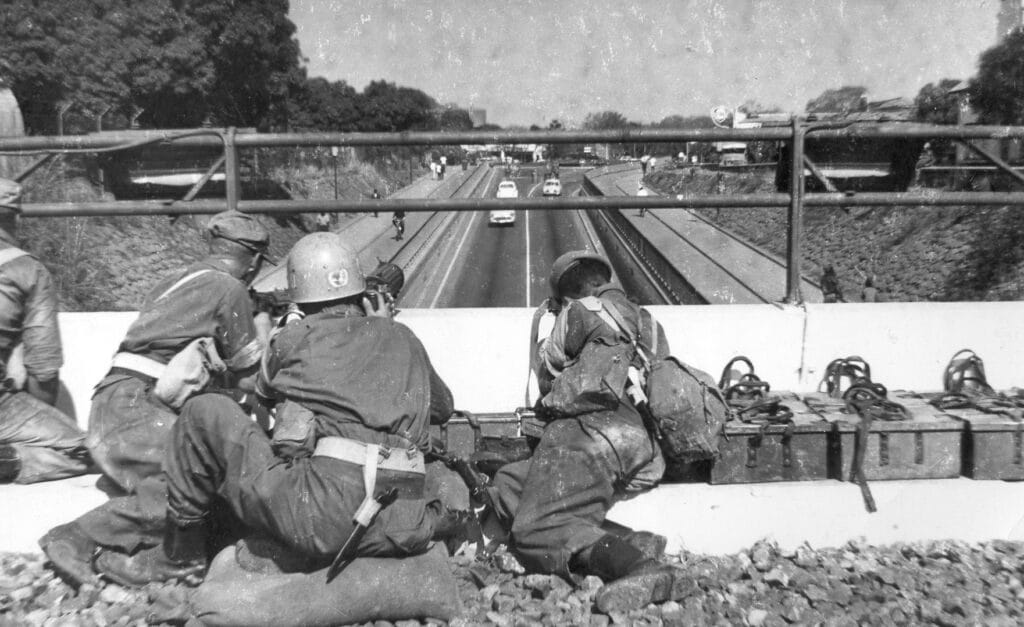
Fourteen members of A Company 36th Infantry Battalion were awarded the Distinguished Service Medal (DSM), including the aforementioned Sergeant Mulcahy and Lieutenant Riordan, making it the most decorated company in the Irish Defence Forces.
The Sergeant P Mulcahy DSM ONE Branch was named in memory of Sergeant Patrick Mulcahy and is going from strength to strength in McKee Barracks with a very active Veteran Support Centre.
A total of 6,000 Irishmen served in the Congo from 1960 – 1964 and the involvement was of great benefit to the Irish Defence Forces in terms of experience and morale. This involvement however was to see Irish soldiers engaged in fighting and suffer fatalities and injuries – 26 Irish soldiers lost their lives in all. May all of those who gave their lives and those who have since passed away Rest in Peace.
Unit History of the 36th Infantry Battalion ONUC, Congo (November 1961 to May 1962) (6.9 Mb) – https://www.militaryarchives.ie/fileadmin/user_upload/Documents_2/Congo_Unit_Histories/36_Inf_Bn_Congo.pdfx-apple-ql-id2://BE00ABFE-0CB4-45AA-8DE1-F53A3BBC2622/x-apple-ql-magic/preview0.pdf
One of the platoon commanders for the Battle of the Tunnel Seán Norton DSM Colonel (retired), was interviewed for the Military Archives Oral History Project in May 2017.
Seán Norton DSM, Colonel (retired), joined the Defence Forces in January 1955 at the age of nineteen. He went on to the Cadet School and was commissioned in 1959. In December 1961 he went to the Congo with the 36th Infantry Battalion. He was one of three Platoon Commanders at the Battle of the Tunnel in Elizabethville, Congo. Two Irish soldiers, including one of the Platoon Commanders, were killed in action. Col Norton was awarded a Distinguished Service Medal for his role in the battle; one of fourteen men from ‘A’ Coy, 36th Infantry Battalion to receive a DSM. Listen here: https://www.militaryarchives.ie/collections/online-collections/oral-history-project-20th-century/people-in-the-collection/colonel-sean-norton
RTÉ Clip of 36th Infantry Battalion in the Congo.
While downtime and entertainment were scarce commodities, the Irish always could improvise and A Company 36th Infantry Battalion were no exception as shown in the clip below from RTÉ Archives. The accordion player is identified by RTÉ. Can you help identify the other participants in the clip? https://www.rte.ie/archives/2013/0716/462715-irish-troops-in-the-congo-1962/
#DefenceForces #Veterans #Charity #Veteran #NoIrishVeteranLeftBehind #FuchsiaAppeal #SCAR #Support #Comradeship #Advocacy #Remembrance #Congo #UN #Peacekeeping #UnitedNations #ONUC

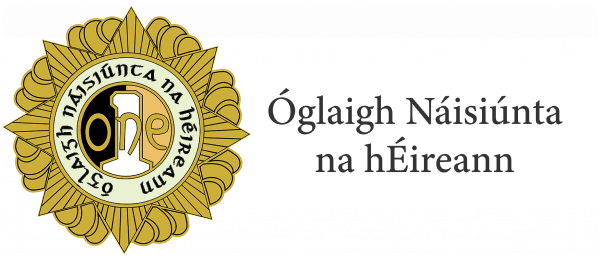
Copyright © 2024 Óglaigh Náisiúnta na hÉireann. Registered Charity Number 20044268 & CHY 13868. All Rights Reserved.